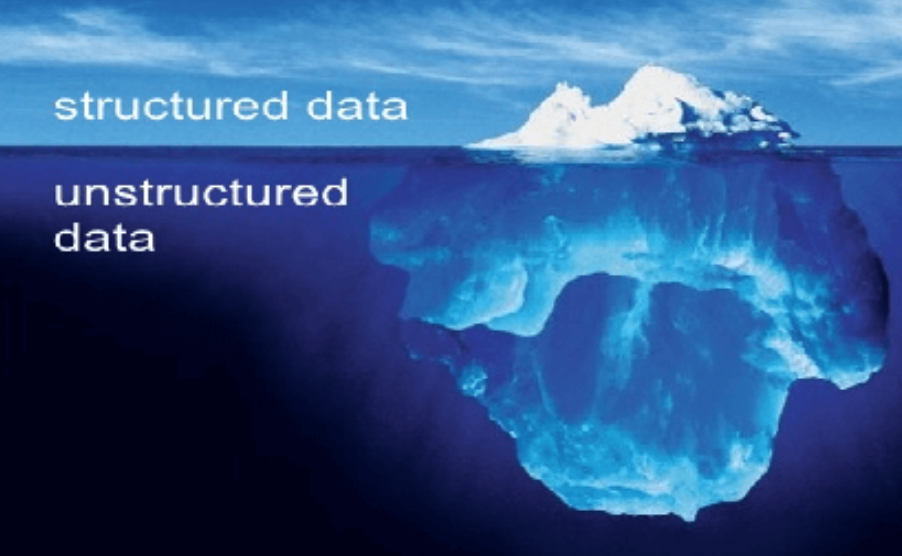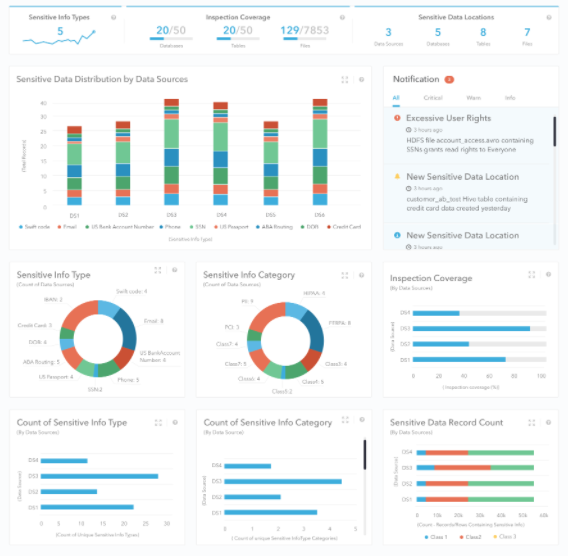Why Automated Sensitive Data Catalog
A common misconception is that IT teams can manually compile a list of sensitive data


We live in a post-RDBMS world.
Yet the audit and compliance tools are designed predominantly for the RDBMSs (Oracle, MySQL).
Consider the following facts regarding unstructured data:
Also, consider the following facts regarding scanned documents (stored as image files):
Audit and compliance tools have not kept pace with the changing data landscape. There simply are not any good tools to reliably and accurately audit unstructured text data and image data. The existing tools still serve the pre-NoSQL, pre-Cloud, and pre-Hadoop world of RDBMSs.
To address this glaring gap, we created Kogni. Kogni discovers sensitive information in unstructured text data and images, in addition to traditional RDBMSs. Kogni does that for both on-premise and cloud data stores. Finally, Kogni makes this audit information available in an intuitive and interactive web-based dashboard.

The very first question, an audit team asks their client is, “what data stores do you have?” Unsurprisingly, the answer often is a bunch of spreadsheets that became outdated soon after they were created. Here is why:
To handle this common audit bottleneck, we have recently released Kogni Database Discoverer. Kogni Database Discoverer is capable of scanning various IT environments to compile a comprehensive list of all active databases. This simple step alone can jumpstart the audit process.
In today’s post-RDBMS world, an ever-growing amount of data is in unstructured text and image format. At the same time, NoSQL databases, cloud migration, and the emerging trend of multi-cloud have made manual audit and traditional RDBMS-based audit tools a non-starter.
We also looked at how Kogni, with its Database Discoverer and support for unstructured text/image data, hits the sweet spot for today’s heterogeneous and high-entropy data world.
Want to see Kogni in action? Request Demo